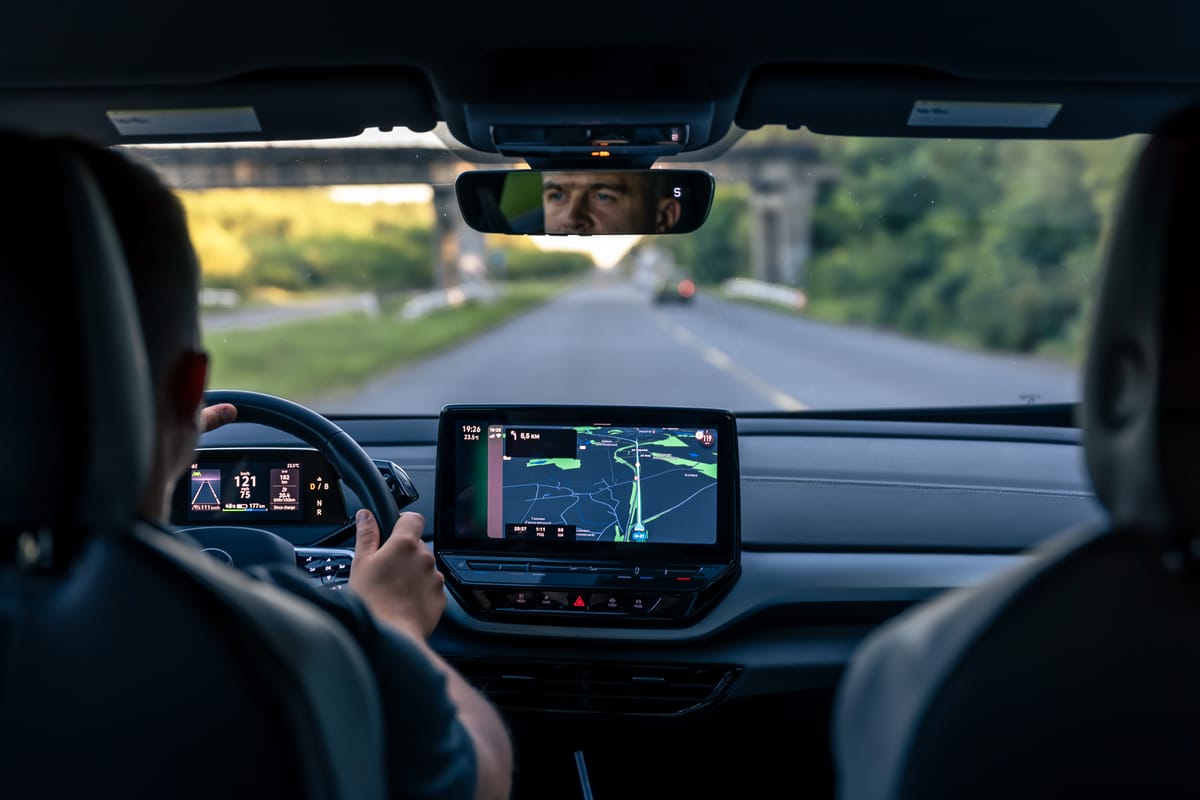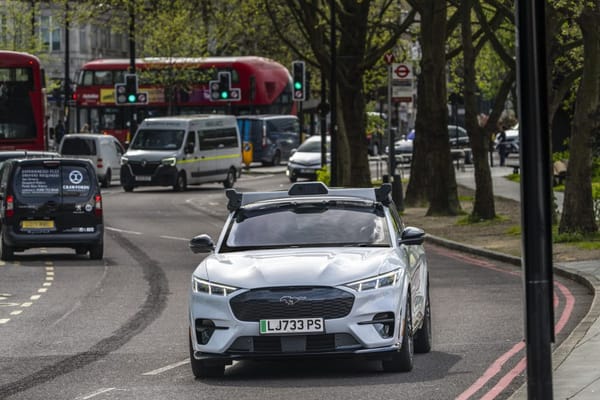Bengaluru Startup Minus Zero Unveils Autopilot System for Indian Roads
Minus Zero’s solution uses foundational AI models and camera-only vision sensors to navigate dense urban environments

Bengaluru-based startup Minus Zero has launched an AI-powered autopilot system designed specifically for India’s complex traffic conditions.
Unlike traditional autonomous systems that rely on rule-based programming or high-definition maps, Minus Zero’s solution uses foundational AI models and camera-only vision sensors to navigate dense urban environments like Bengaluru.
Tested in real-world conditions, the system handles unstructured traffic scenarios involving animals, two-wheelers, pushcarts, and poorly marked roads.
Distinguishing itself from systems that depend on expensive hardware like LiDAR or large volumes of human-labeled data, Minus Zero uses self-supervised learning on raw data.
"It is built on our proprietary end-to-end foundational AI models and driven purely by cameras. With the rising demand of ADAS in India, we feel it’s the right time to introduce a next upgrade for Indian consumers who want luxury, safety & comfort in hectic Indian traffic. We are still developing more features and testing the system at scale," Gursimran Kalra, Co-founder & COO, Minus Zero, said.
This approach enables greater adaptability to unfamiliar roads and obstacles, making the technology more scalable across varied environments and vehicle types.
India has seen growing adoption of Level 1 and Level 2 Advanced Driver Assistance Systems (ADAS), but more advanced Level 2+ and Level 3 systems remain limited in markets with chaotic traffic patterns.
Minus Zero aims to close this gap with a cost-effective, adaptable solution for emerging countries.
Minus Zero is currently working with major original equipment manufacturers (OEMs) and targets production readiness within the next two years.
Building on its earlier milestone of showcasing India’s first fully driverless in-campus vehicle, the company is now advancing its mission through a robust full-stack AI platform.
This platform integrates generative AI and vision-language models (VLMs) to support simulation, data processing, and continuous learning. By leveraging daily input from real-world scenarios, the system evolves over time, enhancing its adaptability and on-road performance.




